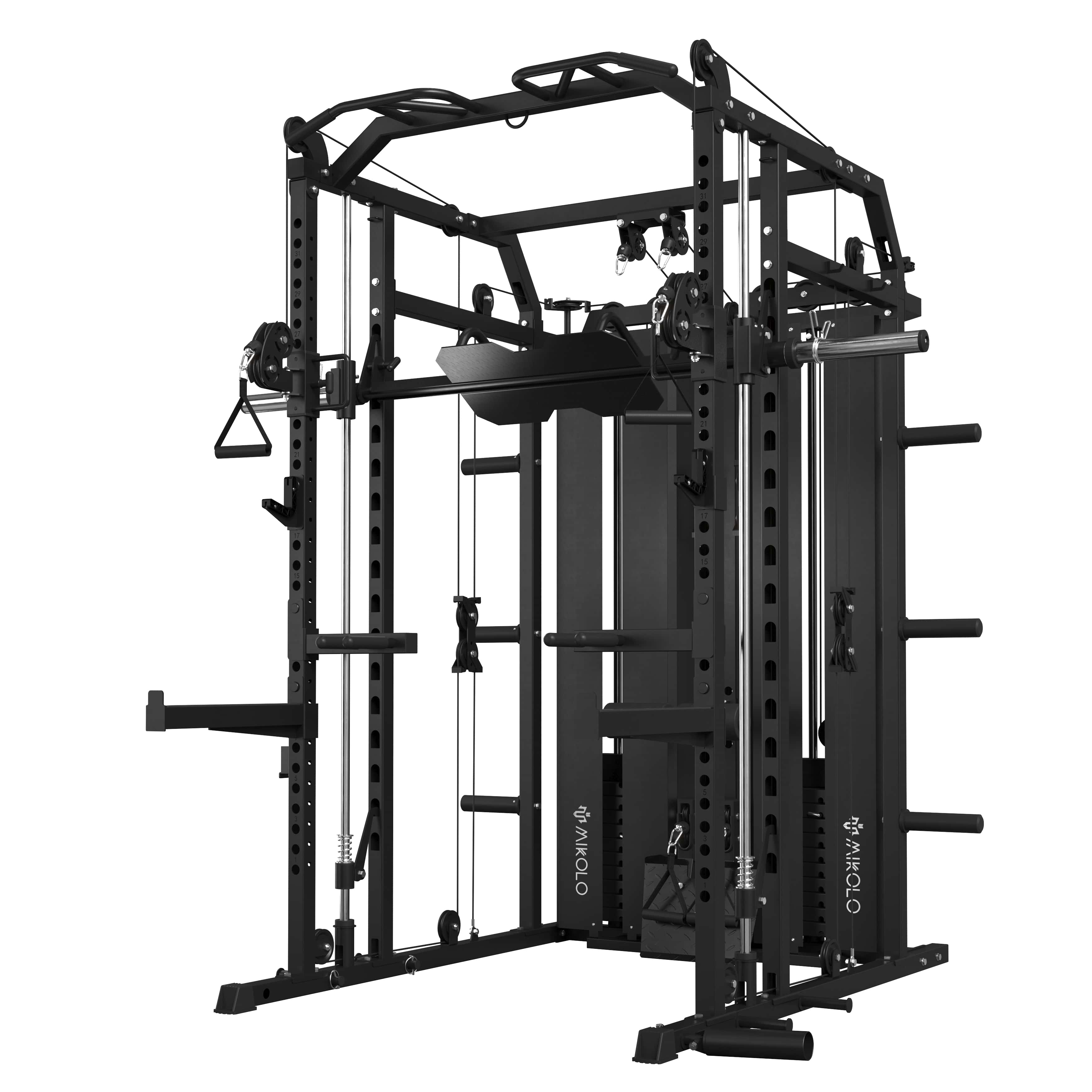When it comes to excelling in sports, training hard isn't enough—your nutrition is just as critical as your workout regimen. Whether you're a competitive athlete, a weekend warrior, or a coach helping others perform at their best, understanding the foundations of proper nutrition for athletes can be a game changer.
Why Nutrition Matters in Athletics
The right diet supports muscle recovery, improves endurance, boosts mental clarity, and reduces the risk of injury. Athletes put their bodies under constant stress, and without proper fuel, performance suffers. Nutrition and athletics are inseparable—food becomes fuel, and smart choices become competitive advantages.
Core Nutritional Needs of Athletes
Athletes have unique dietary requirements that differ from those of non-active individuals. Their bodies demand:
-
High-Quality Carbohydrates for sustained energy (e.g., oats, quinoa, fruits, sweet potatoes)
-
Lean Proteins to rebuild and repair muscle (e.g., chicken breast, fish, tofu, legumes)
-
Healthy Fats for hormone regulation and joint health (e.g., avocado, nuts, olive oil)
-
Hydration to maintain performance and prevent cramps or fatigue
-
Vitamins and Minerals to support immune function and cellular repair, especially iron, calcium, magnesium, and B vitamins
Every athlete’s nutrition needs vary based on age, gender, sport, intensity, and training goals. But universally, a balanced athlete nutrition diet is essential.
What Should an Athlete Eat Daily?
A well-rounded sportsman diet might look like this:
-
Breakfast: Whole grain toast with avocado and poached eggs, plus a fruit smoothie
-
Lunch: Grilled chicken bowl with brown rice, mixed vegetables, and a drizzle of olive oil
-
Snack: Greek yogurt with berries and a handful of almonds
-
Dinner: Baked salmon, roasted sweet potatoes, and sautéed greens
-
Hydration: Water throughout the day, with electrolyte replacement during intense training
This structure ensures a steady intake of carbohydrates, proteins, fats, and micronutrients across the day.
Good vs. Great: Optimizing Diets for Athletes
Some diets are good—they cover the basics. But the best athlete diets go further. They adapt to training cycles, competition schedules, recovery windows, and even mental well-being.
-
Pre-workout: Focus on quick-digesting carbs and a bit of protein (banana with peanut butter, oatmeal with berries)
-
Post-workout: Prioritize protein for recovery and carbs to replenish glycogen stores (protein shake with a banana, turkey sandwich on whole grain bread)
Top diets for athletes emphasize nutrient timing just as much as nutrient quality.
Personal Experience: Nutrition as a Turning Point
In my early years of coaching high school track athletes, I noticed something curious: two athletes with the same training load often performed very differently. One was constantly fatigued, prone to injury, and slow to recover. The other? Consistent, energetic, and climbing the ranks. The difference? Diet.
The underperforming athlete was skipping breakfast and living off processed snacks. We revamped their nutrition—adding structured meals rich in complex carbs and lean protein, eliminating sugary drinks, and introducing hydration reminders. Within weeks, their performance skyrocketed. It wasn’t magic—it was fuel.
The Most Overlooked Elements in Sports Nutrition
While carbs and proteins get all the attention, several key elements are often ignored:
-
Sleep: No diet compensates for poor rest. Nutrition and recovery go hand-in-hand.
-
Micronutrients: Zinc, magnesium, and vitamin D directly impact recovery, muscle contraction, and immune defense.
-
Gut Health: A healthy digestive system ensures nutrient absorption—think probiotics and fiber-rich foods.
Special Considerations: Diets for Different Athlete Types
-
Endurance Athletes (runners, cyclists): Need higher carb intake and sodium replacement
-
Strength Athletes (weightlifters, wrestlers): Require more protein and calories overall
-
Team Sport Athletes (soccer, basketball): Need a mix of energy, agility, and rapid recovery fuels
There is no one-size-fits-all nutrition plan—but the principle remains: Eat for what your sport demands.
Building Your Own Athlete Nutrition Plan
Start with these three foundational recommendations:
-
Don’t skip meals—fuel consistently, especially around training.
-
Focus on whole foods—limit processed items and sugary snacks.
-
Stay hydrated—water before you're thirsty, and electrolytes after you sweat.
Consult a registered sports dietitian if you have specific needs, allergies, or performance goals.
Final Thoughts: Nutrition Is Your Secret Weapon
Whether you're training for a marathon or trying to hit a new personal record in the gym, your diet is more than just a side note—it's central to your success. Proper nutrition for sports people isn’t about restriction; it’s about strategic nourishment. Fuel your body the way you train it: with intention, discipline, and care.









































Leave a comment
This site is protected by hCaptcha and the hCaptcha Privacy Policy and Terms of Service apply.